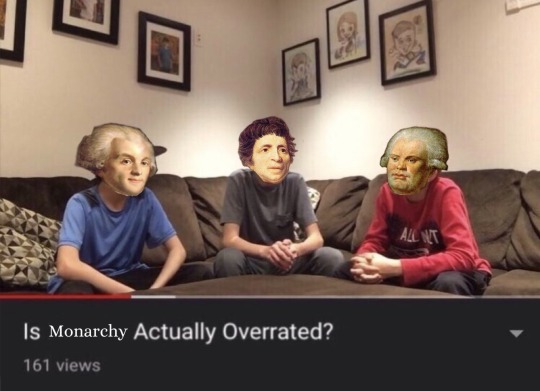Text

Second in the Mapping the CPS series: a map of Ancien Regime France with the places of birth of our notorious third CPS. On the side, you can see a timeline with the date of birth of each of the members.
Some fun facts:
The average age of the Committee of Public Safety in July 1793 was 37, with Lindet being the oldest at 47 and Saint-Just the youngest at 25.
Couthon and Prieur (Cote d'Or) share a birthday on the 22 of December.
Three of the members (Lindet, Robespierre and Carnot) were born in May (so the CPS has 3 birthdays coming up!)
The only deputy of Paris that was actually born in Paris was Collot.
I'm surprised Billaud-Varenne wasn't sent on mission to the West (instead of Prieur de Marne and Saint-André) since he was born in La Rochelle, had family there and lived there until he was 26.
Saint-André shares a birthplace with Olympe de Gouges (a rather small town called Montauban)
Where all the members were born:
Robert Lindet: Bernay
Jean-Marie Collot d'Herbois: Paris
André Jeanbon Saint-André: Montauban
Lazare Carnot: Nolay
Bertrand Barère:Tarbes
Georges Couthon: Orcet
Jacques Billaud-Varenne: La Rochelle
Pierre-Louis Prieur de la Marne: Sommesous
Maximilien Robespierre: Arras
Marie-Jean Hérault de Séchelles: Paris
Claude-Antoine Prieur de la Côte-d’Or: Auxonne
Louis Antoine Saint-Just: Decize
#We always talk abt the age gap relationship for saintspierre#but no one ever talks about age gap relationship collaud#also robespierre is on the young side in the commitee??
59 notes
·
View notes
Text


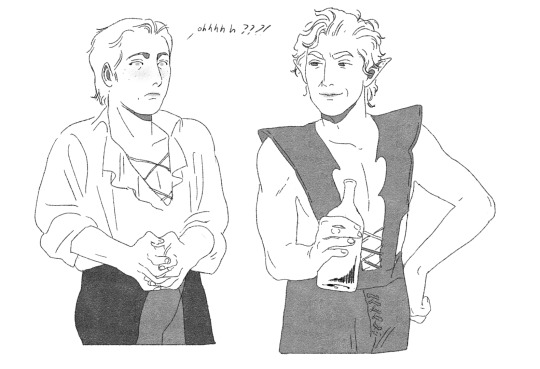

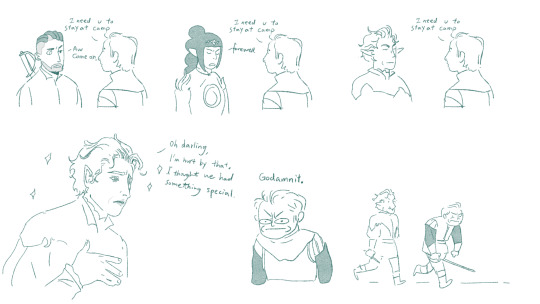

this game is consuming my life
also the reason why astarion is wearing minthara's cloth is because i used this trasmasc mod and the only cloth that wont glitch on my character is astarion's cloth so now astarion has to wear something else and hey it looks good on him-
also also the reason i used the mod is cuz i was trying to reconstruct robespierre except the game doesn't have a wig option so im like ok modern robespierre will work too but then the best face option only comes with body options that have BOOBS and i just cant stand watching him with his big naturals anymore so yay he finally gets his top surgery
#i am very aware of the wtf of that sentence#many words that dont go together but here we are#anyways brainrot from this game is so real#no spoilers please in the meanwhile
46 notes
·
View notes
Text
What made ya'll think that cravats and stockings could only be white?
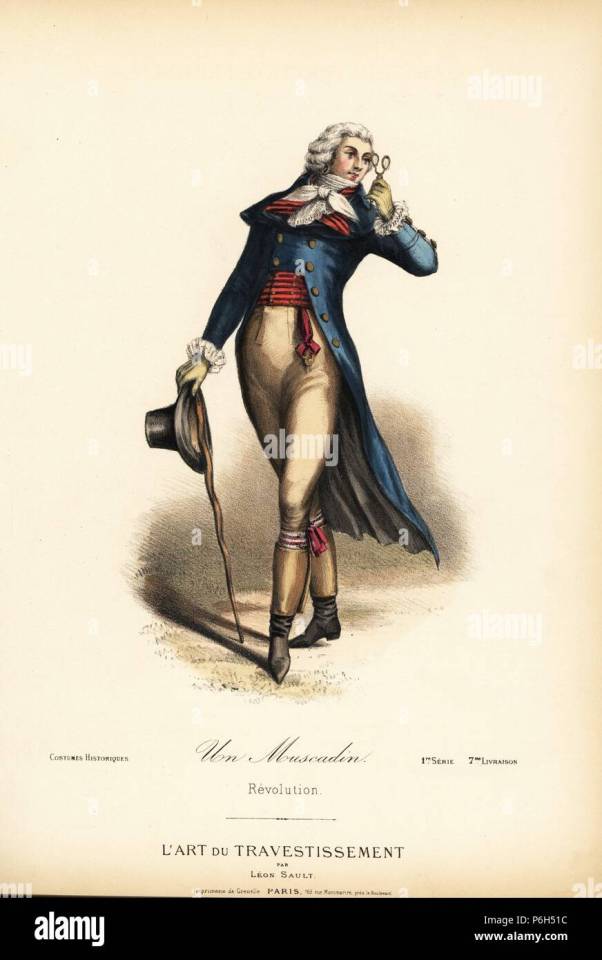

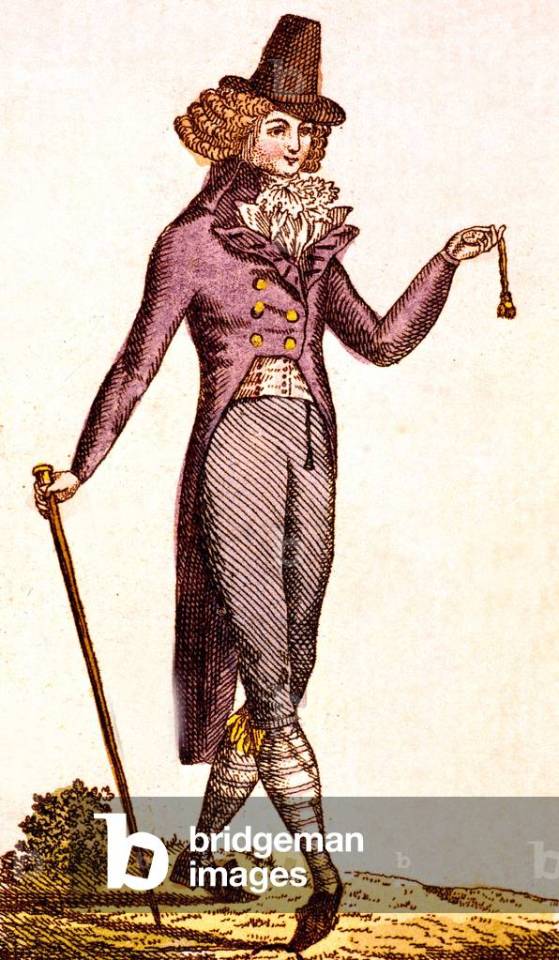
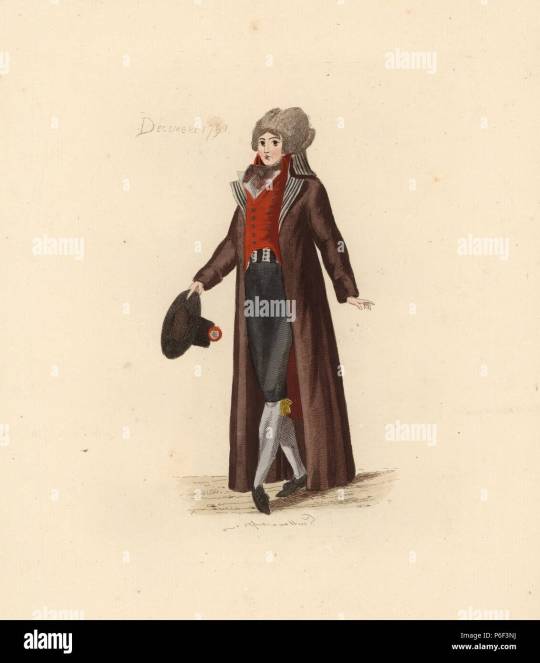
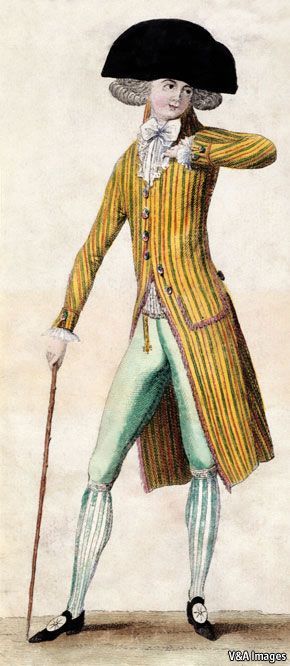

#i have to draw robespierre absolutely covered in stripes one day#no space for plain cloth not one bit
140 notes
·
View notes
Text
Can someone pretty please draw King Louis VXI (6’1) holding Robespierre (5’3) by the underarms like people do with cats?? I HAVE BEEN THINKING ABOUT THIS FOR SOOO LONG BECAUSE OF THEIR HEIGHT DIFFERENCE AND I JUST THOUGHT IT WOULD BE REALLY FUNNY 😭


164 notes
·
View notes
Text
all the new asks are not secretly coming from just one person right…???
19 notes
·
View notes
Text
For @xiorc-0714 ! Sorry that the ask box was acting weird
The request was modern Rock AU Saintmoulins
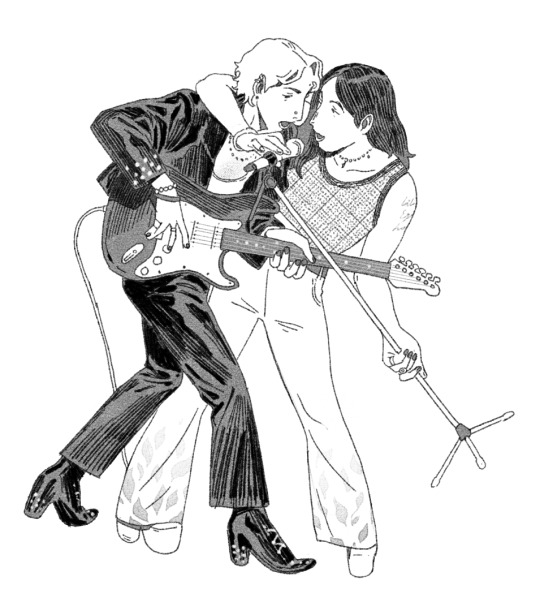
also we brainstormed that Robespierre would be the manager in the AU
185 notes
·
View notes
Text
Medicine in the 18th Century
For some time now I have been interested in 18th and early 19thcentury medicine. I have obtained a lot of “practical knowledge” from reading contemporary medical books. I complied some of these books into a little list, if there is anybody interested in reading them as well. There are books on surgery, on diseases and wounds in the army and in the navy, on natural and home remedies, on female health and so on and so forth.
Surgery:
A general system of surgery by Lorenz Heister (1743)
Modern improvements in the practice of surgery by Henry Manning (1780)
Specific diseases:
A new inquiry into the causes, symptoms, and cure, of putrid and inflammatory fevers by Sir William Fordyce (1777)
An essay on the diseases of the bile, more particularly its calculous concretions, called gall-stones by William White (1771)
Women’s health:
A treatise on female diseases: in which are also comprehended those most incident to pregnant and child-bed women by Henry Manning (1771)
Medical Correspondences:
Boerhaave's medical correspondence by Herman Boerhaave (1745)
Medical consultations on various diseases by Thomas Thompson (1773)
Domestic and natural medicine:
Domestic medicine: or, a treatise on the prevention and cure of diseases by regimen and simple medicines. by William Buchan (1791)
Primitive physick, or, An easy and natural method of curing most diseases by John Wesley (1770)
The compleat family physician by Hugh Smythson (1781)
Military:
Plain concise practical remarks, on the treatment of wounds and fractures by John Jones and Thomas Cadwalader (1776)
The diseases incident to armies: with the method of cure by Gerard Freiherr van Swieten and William Northcote (1776)
The Seaman's Medical Instructor by Nikolai Detlef Falck (1774)
237 notes
·
View notes
Text
he manspreading so hard in the third one
Some cute portraits of Robespierre that I haven't seen that many people use:
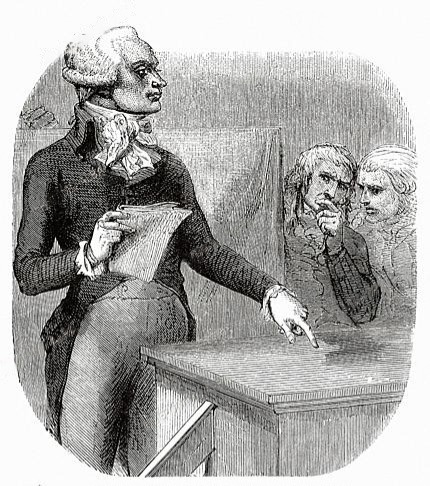

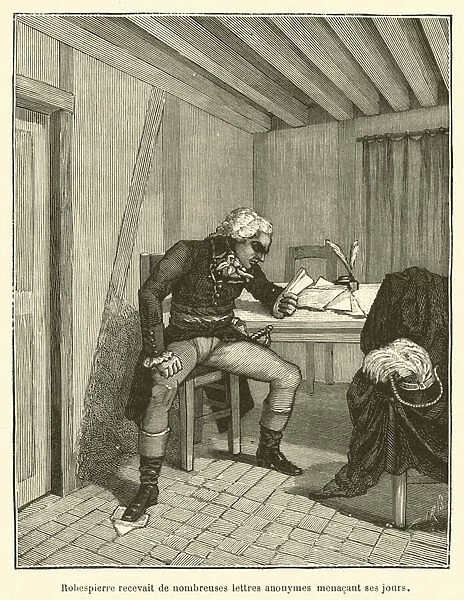

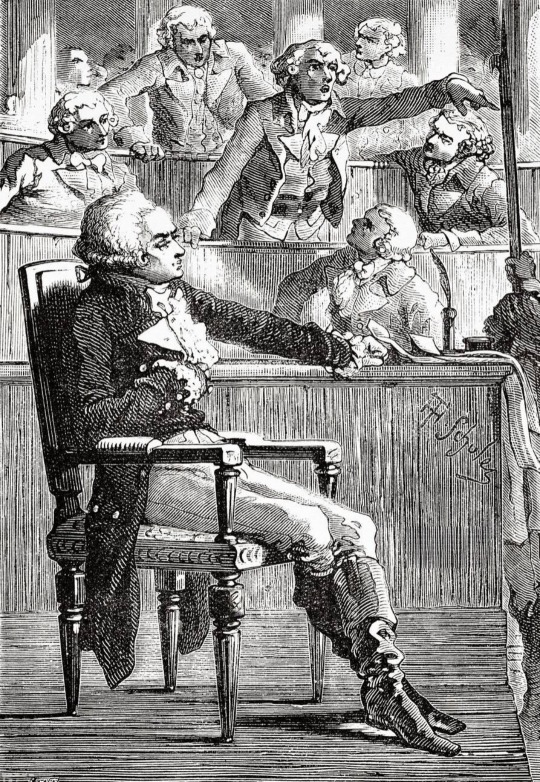
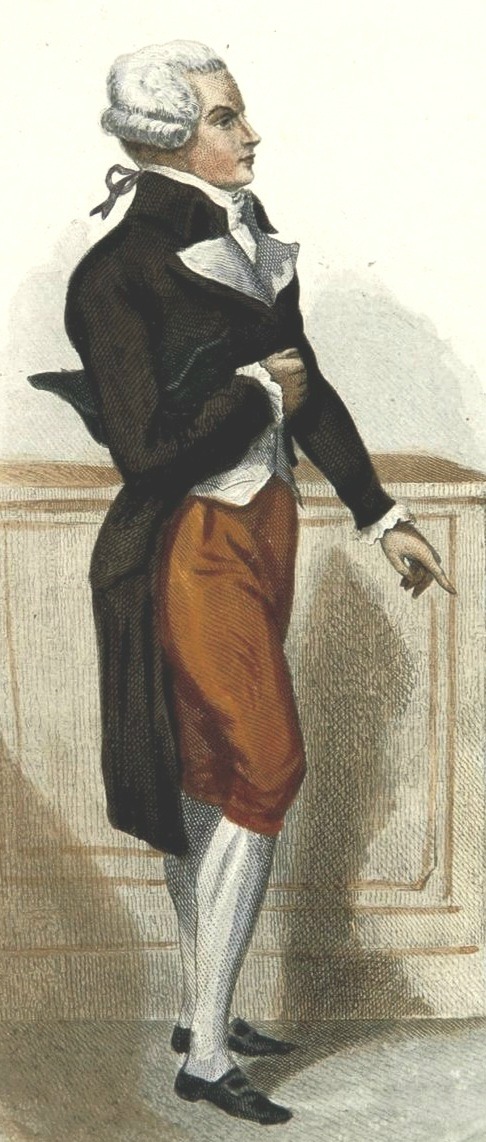

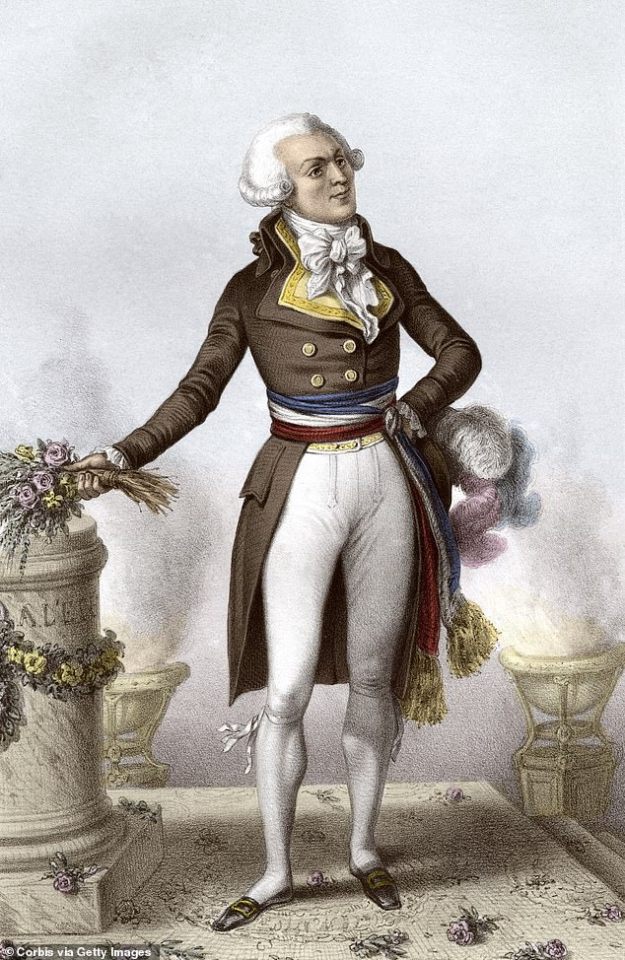

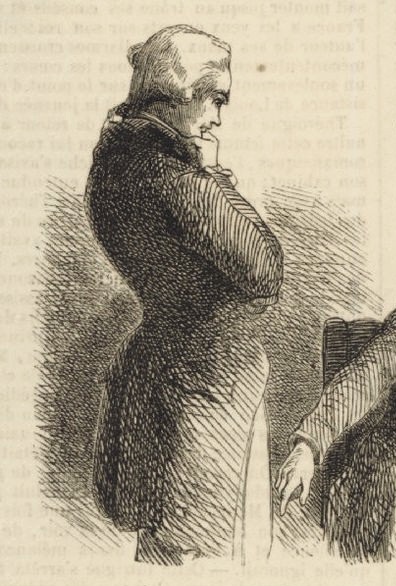
#also the second one almost looks like couthon#but regardless#he so blorbo#the way he carries himself#i can appreciate it so much#even if the engravings are not made during the time period#also robespierre in boots rather than souliers hit so diff
156 notes
·
View notes
Note
i have secretly been hoping to see a camille from you, and there he is! he is very lovely, your art is delightful as always :D
Aw thank you! I am glad you enjoy the rare Camille from me haha (he is very fun to draw)
13 notes
·
View notes
Note
are ur requests still open?? if so, could you do a little saintmoulins for us <3

i hope i have cooked to the satisfaction of saintmoulins enjoyers
87 notes
·
View notes
Note
In your modern frev au is Fabré running the crypto scam Danton buys into?

Yes
69 notes
·
View notes
Note
ok but hear me out: archangel saint-just and fallen angel robespierre
(or they could be both fallen angels you choose)


I had a lot of fun drawing these, thanks for the prompt anon!
87 notes
·
View notes
Text
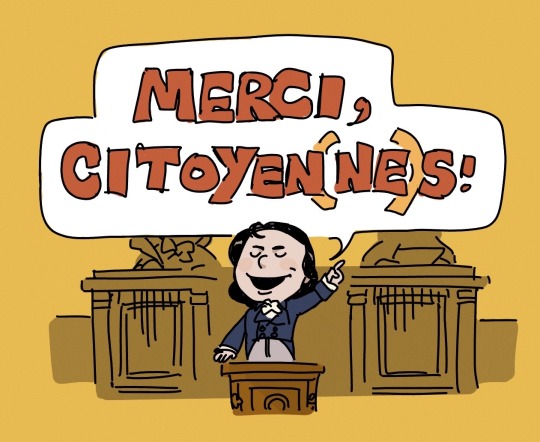
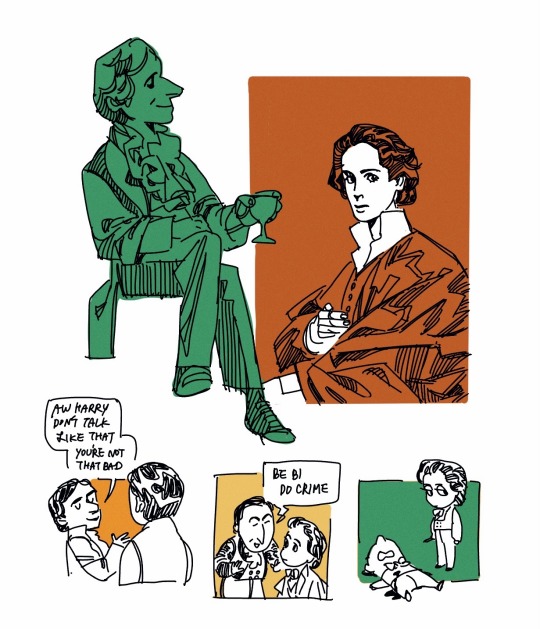



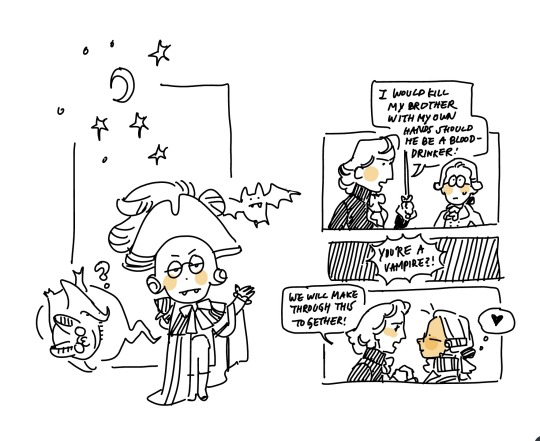
Made a post to announce that I have found the correlation in facial features between Denis Manuel and a Peanuts character.
Along with a bit of gay vampire frev and killer rats 🐀
-
PS translation for the Mandarin in alt text
219 notes
·
View notes
Text
I found the Charlotte Robespierre-pins-down-Couthon-in-an-armchair-and-calls-him-a-hypocrite anecdote in its full glory within La Révolution, la Terreur, le Directoire 1791-1799: d’après les mémoires de Gaillard (1908) page 263-272. The table of contents claim this event happened in May 1794.
-
Gaillard therefore presents himself at Mlle Robespierre's house, she welcomes him in a friendly manner, she does not seek to know the political opinions of her visitor; both talk for a long time about her family and their old acquaintances, she names for Gaillard, with great bitterness, the prodigious number of very honest people dragged to the scaffold by Joseph Lebon; she makes him tell her how he was able to save himself at least from prison and tells him how much pleasure she and her older brother felt in receiving news of him from their younger brother; then Gaillard explains to her the embarrassment he finds himself in and asks her to help him with her advice to save the magistrates of Melun and the signatories of the address to Louis XVI.
”When my younger brother passed through Melun,” said Mlle Robespierre, ”all three of us were living together; I still hoped to be able to bring back the older, to snatch him from the wretches who obsess over him and lead him to the scaffold. They felt that my brother would eventually escape them if I regained his confidence, they destroyed me entirely in his mind; today he hates the sister who served as his mother… For several months he has been living alone, and although lodged in the same house, I no longer have the power to approach him… I loved him tenderly, I still do… His excesses are the consequence of the domination under which he groans, I am sure of it, but knowing no way to break the yoke he has allowed himself to be placed under, and no longer able to bear the pain and the shame of to see my brother devote his name to general execration, I ardently desire his death as well as mine. Judge of my unhappiness!… But let’s return to what interests you. The addresses to the king on the events of 1792 are already far from us; it seems to me that the signatures of these addresses are persecuted less than those who protested against the day of May 31. Try to see Maximilien, you will be content; he was very glad that our younger brother saw you at Melun. On this occasion he spoke with interest of the exercises of your pupils and of the attention you had in entrusting him with presiding over them. I won’t introduce you to him, I would not succeed; I even advise you not to speak to him about me. You will be told he is out, don't believe it, insist on your visit.”
The Robespierre family was housed on rue Saint-Honoré, near the Assomption chapel, the sister and younger brother at the front, the older brother at the back of the courtyard. Gaillard went to Maximilien’s apartment; a young man, looking at him with the most insolent air, said to him, barely having opened the door: “The representative isn’t home…”
“He may not be there for those who come to talk to him about business, but that is not my doing; I will talk to him about his family that I know a lot, you have seen me come out of his sister's apartment who is involved in state affairs no more than I am... Bring my name to the representative, he will receive me, I’m sure of it.”
The fellow did not dare refuse to carry a paper on which Gaillard had taken care to indicate himself in such a way as to be recognized, he immediately came back and gave the visitor his paper saying: “The representative does not know you,” and the door was violently slammed shut!…
The insolence of this brazen man whom Gaillard knew to be the secretary of Robespierre, son of Duplay, to whom the sister attributed the excesses of his brother, the sorrow he felt at losing the hope of saving the judges of Melun and to ensure his personal rest, all these thoughts made him very angry; he calls the young man a liar, insolent, he accuses him of deceiving Robespierre and of increasing the number of his enemies every day, all this in the loudest voice with the intention of being heard by Maximilien and lure him to one of the windows where, surely, he would have recognized him. New disappointment, no one appears and Gaillard goes back to tell Mlle Robespierre about his misadventure.
“I prepared you for it, she told him. ”No one can approach my brother unless he is a friend of those Duplays, with whom we are lodging; these wretches have neither intelligence nor education, explain to me their ascendancy over Maximilien. However, I do not despair of breaking the spell that holds him under their yoke; for that I am awaiting the return of my other brother, who has the right to see Maximilien. If the discovery I just made doesn't rid us of this race of vipers forever, my family is forever lost. You know what a miserable state we found ourselves in, reduced to alms, my brothers and I, if the sister of our father hadn’t taken us in. It’s strange that you didn’t often notice how much her husband’s brusqueness and formality made us pay dearly for the bread he gave us; but you must also have noticed that if indigence saddened us, it never degraded us and you always judged us incapable of containing money through a dubious action. Maximilien, who makes me so unhappy, has never given a hold, as you know, in terms of delicacy. Imagiene his fury when he learns that these miserable Duplays are using his name and his credit to get themselves the rarest goods at a low price from the merchants. So while all of Paris is forced to line up at the baker's shop every morning to get a few ounces of black, disgusting bread, the Duplays eat very good bread because the Incorruptible sits at their table: the same pretext provides them with sugar, oil, soap of the best quality, which the inhabitant of Paris would seek in vain in the best shops... How my brother's pride would be humiliated if he knew the abuse that these wretches make of his name! What would become of his popularity, even among his most ardent supporters? Certainly my brother is very proud, it is in him a capital fault; you must remember, you and I have often lamented the ridicule he made for himself by his vanity, the great number of enemies he made for himself by his disdainful and contemptuous tone, but he is not bloodthirsty. Certainly he believes he can overthrow his adversaries and his enemies by the superiority of his talent.”
The tenderness of this unfortunate girl for her brother was therefore very keen and very blind, she forgot that, a few moments before, she had told Gaillard, with the accent of despair and with eyes filled with tears, that death would seem preferable to the pain of seeing Maximilien dedicate his name to public execration, and yet her brother for his part had devoted mortal hatred to her since the trip she had made to Arras to collect evidence of the massacres carried out by Joseph Lebon.
“In the absence of my brother,” said Mlle Robespierre to Gaillard, would you like to try to see Couthon? He prides himself on being good for me, I will ask him to receive you, he will not refuse me, I will precede you by a quarter of an hour, he will give the order to let you in and we will exit together.”
Gaillard gratefully accepts, takes the address of Couthon who lived at n. 97 of the Cour du Manège, today rue de Rivoli, near rue du 29 Juilliet, and the next morning arrives at the indicated time.
Couthon, whose face was truly angelic, wore a white dressing gown. A child of five or six years old, beautiful as Love, was between his father's legs; he had a young white rabbit in his arms which he was feeding alfalfa. Mme Couthon and Mlle Robespierre stood in the embrasure of a window overlooking the Tuileries.
“You (vous) are,” said Couthon to Gaillard, a friend of Mlle Robespierre, you therefore have every kind of right to my interest, tell me, citizen, how can I be of use to you?”
The fine face, the entourage of innocence, the tone, the manners of good company, this care not to use tutoient when everyone else did so, convinced Gaillard that the slander had attached itself in particular to the person of this worthy M. Couthon, he promises to undeceive all those with whom the deputy had relations.
“Citizen representative, one of your colleagues, Maure, deputy for Yonne, had recalled the former judges, all very honest people, to the courts of Melun, and everyone applauded this act of justice. The popular society was offended by this, it threatened Maure that it was going to denounce him to the Convention as a supporter of Louis XVI and his family, given that these judges had adhered to the address by which the directorate of the department complained of the outrages committed against the king on the day of June 20 1792. The next day your colleague issued a decree dismissing these judges who were not yet installed, and ordered the revolutionary committee to incarcerate them. Can you please tell me by which means these unfortunate judges can escape this act of severity?”
“Admit, citizen,” answered Couthon, “that the Convention is indeed to be pitied for being forced to send as commissioners to the departments a crowd of imbeciles who make it hated and who compromise liberty... Maure doesn’t have the strength to understand that true patriots were saddened and rightly outraged by this fatal day of June 20. The aristocrats, as one said then, were delighted by it, the crimes of the people seemed to them a means of forever losing liberty and reestablishing despotism... It was a duty to rise up against the violation of the home of the first official of the the State and the bloody outrages to which it was subjected that day. I signed an address in which our indignation was expressed in the most energetic terms and I am far from repenting of it. Have the judges you are talking to me about been arrested?”
“No, citizen.”
”That’s what I suspected, they will have been warned; in fact, one is not going to prison automatically, one will have their homes sealed and perhaps not be very eager to arrest them?… Can you assure me, citizen, that these judges are honest men?”
”The most honest people in the country!”
”Well, on reflection, I was going to give you bad advice... based on the distance from Melun to Paris, this is where they will come to hide, one will find them, there is no safety in the prisons of Paris. They'd better go home, they shall be given a guard, they won't even be incarcerated... but once again, how can it be made a crime to have signed these addresses?”
“Citizen,” continues Gaillard, with great emotion, you are convinced that the signatures of these addresses have not committed a crime, you are all-powerful in the Committee of Public Safety where your opinion always prevails. Today, seventy unfortunate people are being led to the scaffold, their condemnation based on nothing other than the signing of these addresses…”
Couthon's face changed, he suddenly takes on the tiger's mask, makes a movement to grab the bell pull... Mlle Robespierre rushes at him to stop him (he was paralyzed from the legs down), turns towards Gaillard and says to him: “Save yourself!” In the confusion into which all this throws him, Gaillard takes Couthon's hat, she notices it, warns him, he runs across the apartment and reaches the stairs. He had barely gone down eight or ten steps when he heard Mlle Robespierre shouting to him: “Go and wait for me at the Orangerie.” (The courtyard of the Orangerie was located at the end of the Terrace des Feuillants where Rue de Rivoli now meets Place de la Concorde).
When Gaillard was able to think, he wondered why the various sentries posted along the Feuillants terrace had not stopped him. A glance in a mirror while picking up his hat in Couthon's salon had told him how altered his face was. Even after leaving the deputy, he did not think he was safe, he did not take four strides without wondering if he was being pursued. He has barely gone down into the courtyard of the Orangery when he goes back up onto the terrace, looking anxiously to see if his good angel was arriving. As soon as he sees her, he runs towards her, loudly asking her five or six questions at the same time without paying attention to the crowd around them. Mlle Robespierre, calmer, tells him in a low voice that she will answer him when they have reached the Place de la Révolution.
“Explain to me, please,” said Gaillard to Mlle Robespierre as soon as they were offshore, ”your haste to tell me to take flight flee and why you held back Couthon in his chair?”
“You were fooled, my dear monsieur, by the profound hypocrisy of Couthon, I was completely fooled myself; I believed your judges saved and you forever at peace like all the signatories of these addresses to Louis XVI... Couthon only showed himself to be so good-natured in order to get to know the depths of your thoughts, you fell into his trap, I could not have avoided it more than you. Your bloody and so justly deserved reproach regarding the 63 victims of today struck in the hearth, my presence, even my confidence could not have stopped his vengeance. The members of the Committee of Public Safety each have five or six men at home who are resolute at their command, because they are constantly trembling. Had he reached the bell pull, this very afternoon you would have been placed in the tumbril alongside the 63 unfortunate people you wanted to save... Fortunately, I succeeded in making him ashamed of the crime he was going to commit by immolating a friend that I had brought to his house... Will he keep his word to me? I followed your conversation very attentively, you did not say a word from which Couthon could conclude that you do not live in Paris... Return home quickly, do not follow the ordinary route out of fear that, remembering the name of the city where your judges were to sit, he sends for men to follow you on the road to Melun.” (1)
Mlle Robespierre barely gives her protégé time to thank her and does not want him to accompany her back to her house. Gaillard leaves immediately without seeing his sister or the two dismissed judges, who have taken refuge in Paris.
(1) The story of Gaillard's visit to Couthon is reproduced almost word for word by M. Lenôtre, in his Paris révolutionnaire, vielles maisons, vieux papiers, 1900, La Brouette de Couthon, p. 279.* Mr. Lenôtre draws his story from the collection of Victorien Sardou's autographs. The note appearing among these authographs which speaks of Couthon comes from Fouché's papers: it is in fact Gaillard who, at the request of his friend Fouché, recorded in writing for him the narration of his interview with Couthon. Gaillard took pleasure in often recounting to the people with whom he was in contact this scene of which he had always retained such a terrifying impression of; this is the reason why it appears today in his memoirs.
*Worth noting is that Charlotte’s identitity is kept a secret in this account, she’s simply described as ”a lady.” This account also includes the detail of Couthon’s son starting to cry and the bunny he was holding getting pushed to the floor once his father gets mad.
73 notes
·
View notes
Note
Hey man! Mind spilling more tea about the mans Goujon? Who's this brave fella?
Hey! It would be my pleasure!
Goujon was one the Martyrs of Prairial, those deputies who were unfairly accused of organizing the insurrection of 1 Prairial year III and received a death sentence, but preferred to take their own lives.

There’s a lot to say about his courage so this answer got a bit long.
Goujon was elected substitute deputy in 1792 in the same department as Hérault de Séchelles, and subbed in for him after his execution in April 1794. He held various political responsibilities while he was substitute but he’s best known for his time as deputy after Thermidor.
He was on mission to the armies during Thermidor, and had very little idea of what was happening back in Paris. But he soon realized when he came back that Tallien&co’s denunciation of the “system of terror” undermined and divided the Convention, and he called for unity and for a stop to these vague and dangerous denunciations. He supported the Jacobins when they were attacked by the Thermidorian reactionaries. He was the only voice to oppose the reintegration of former girondin deputies. He defended Marat’s memory when his bust was toppled by muscadins. He showed his fist to Tallien (which I’m gonna assume is an 18th century equivalent to flipping him off).
When the people of Paris forcibly entered the Convention on the 1 Prairial insurrection because of the dire famine in Paris, Goujon proposed a few decrees to calm the citizens and temporise. Immediately after the insurrection winded down, Thermidorian deputies demanded the arrest of Montagnards deputies who had “collaborated” with the insurrection (the “Last Montagnards”), including Goujon.
From then on they had little doubt about what sentence they would receive. Goujon wrote an hymn for them to recite together.

They were accused of engaging in and/or facilitating rebellion, and set to be judge by a military commission, as voted by the Convention. Some deputies protested, particularly against the military commission, but the process went along.
They were allowed one last visit from their parents before the verdict. Goujon’s mother came to see him with his two younger brothers. The youngest, 10 year-old Antoine carried a long knife. It was an old promise Goujon had made with his dearest friend Pierre-François Tissot.
Tissot and he had sworn to each other, if they were to succumb, they wouldn’t suffer the disgrace of execution and instead provide each other with the means of escaping it by suicide. They called it the "last service of friendship"
L. Thénard, R. Guyot, Le conventionnel Goujon, 1908
After the verdict, as the prisoners were guided down the stairs, one of them shouted “I’ll show you how a man of heart dies!”, then they all turned against themselves the knives and scissors they had been concealing.
Goujon wrote a lot of farewell letters to his family over his imprisonment. He was scared and upset but always had reassuring words for them. When his brother Alexandre swore he’d avenge his death, Goujon told him to be virtuous and defend his memory instead. The letters and a lot of Goujon’s writings have survived thanks to his good care.
Adieu, I love you all very much, as you know; I would have given my blood and my life for your happiness, but they belonged to the Patrie and to my duty first.
Some resources:
Le conventionnel Goujon
about Goujon and Tissot
134 notes
·
View notes
Text
Revolutionaries' Birthdays on the Republican Rural Calendar
Note: The Revolutionary Rural Calendar was designed in 1793 by Fabre d'Eglantine to replace the Catholic Saints calendar, and ultimately help secularize France. This just includes some of the most prominent revolutionaries' birthdays in the rural calendar format :) I think all the symbols are fascinating. My birthday symbol is a grape on the calendar!
Maximilien Robespierre:
6 May = 17 Floréal = Pimprenelle (Salad burnet)

Louis-Antoine de Saint-Just:
25 August = 8 Fructidor = Apocyn (Apocynum)

Jean-Paul Marat:
May 24 = 5 Prairial = Canard (Duck)

Camille Desmoulins:
2 March = 12 Ventôse = Orme (Elm)

Georges Danton:
26 October = 5 Brumaire = Oie (Goose)

114 notes
·
View notes
